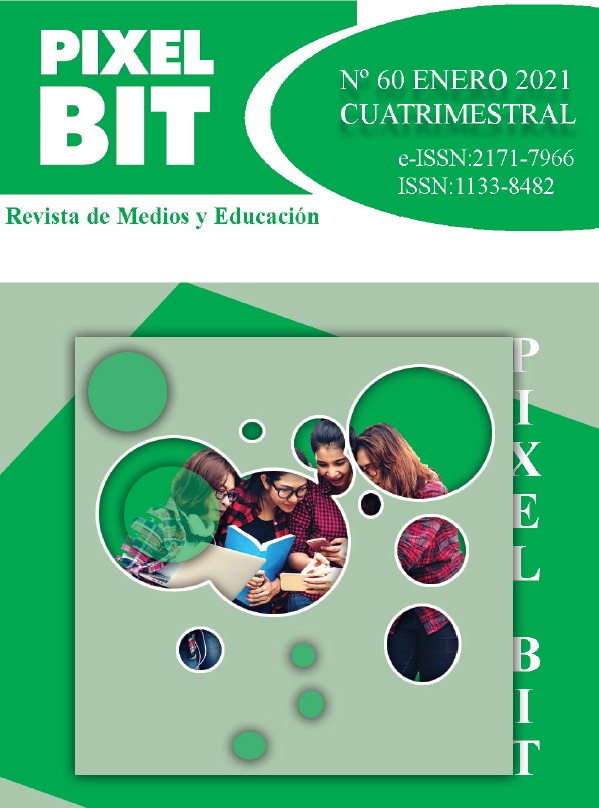Abstract
Massive Open Online Courses (MOOCs) have been established as an online training modality in the last eight years. The present article comprises a study of scientific publications on MOOCs indexed in the Scopus database. The project's objective is to analyse scientific research contributions made from 2016 to 2019. For this purpose, the abovementioned database was searched using an algorithm based on pre-established criteria. A quantitative exploration of the obtained data was carried out, followed by a qualitative analysis of each document's contribution. The results show an increase in production until 2019, when a change in trend takes effect. The results also identify the primary research projects, authors and institutions related to this topic. Research prevalence in the field of pedagogy with a focus on technical and methodological issues can be established through content analysis. Such an analysis produced the conclusion that MOCCs constitute a training product with significant scientific interest whose research generates knowledge in different areas which nonetheless share one common element: the improvement of the training product.

This work is licensed under a Creative Commons Attribution-NonCommercial-NoDerivatives 4.0 International License.
Copyright (c) 2021 Pixel-Bit. Media and Education Journal

